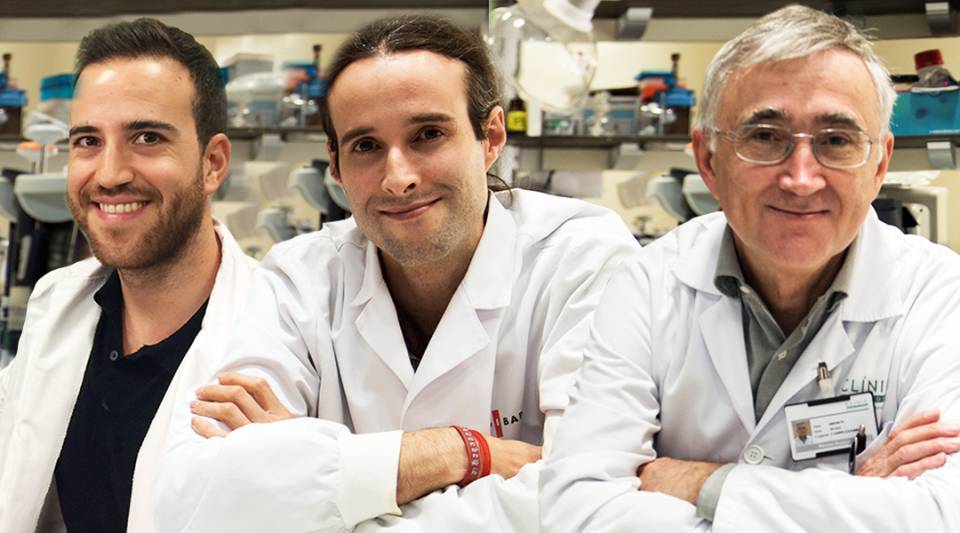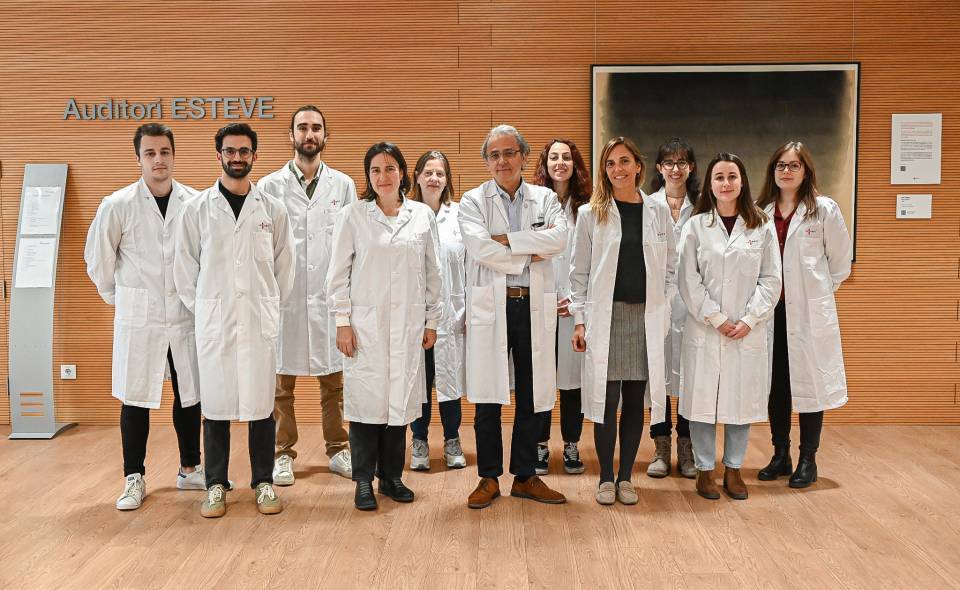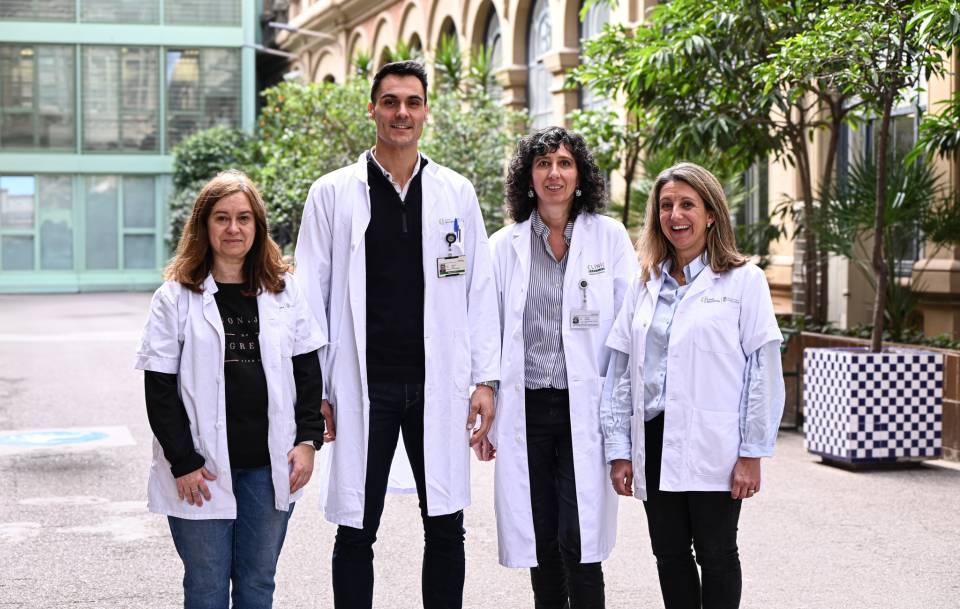The study involved 32 researchers from 16 institutions and 6 countries and has been coordinated by the ICREA Research Professor Iñaki Martín-Subero at the IDIBAPS of Barcelona, where he leads the Biomedical Epigenomics Lab. The first author of the study, which has been published in Nature Cancer, is Martí Duran-Ferrer, a researcher from the same group.
“Know thyself” was the aphorism inscribed in the forecourt of the Temple of Apollo at Delphi in the ancient Greece, to which visitors went to consult the famous oracle. This aphorism invited the visitors to recapitulate their past before predicting their future. Using the same principle, the IDIBAPS investigators wondered if the past tumor growth could somehow predict future tumor growth and therefore the clinical behavior of cancer patients.
Over the last years, studies have revealed that epigenetics is not only the science that explains why some genes are active and others not, but it also holds cellular memory and is able to trace the proliferative history of a tumor. In Martín-Subero’s words, “the genome, which could be understood as the encyclopedia of life present in each cell, is formed by two types of books: the open book that contains the active genes, and the closed book that contains the silenced genes. We have identified that the DNA methylation changes occurring in the closed book contain a hidden cellular memory that reflects the past cellular growth.”
The investigators studied DNA methylome of more than 2,000 patients with different types of leukemia and lymphoma. They uncovered that every time the cells divide they accumulate epigenetic changes in the closed book of the genome. The more the cells divide the higher number of changes they leave. Martí Duran-Ferrer comments that “given that epigenetic changes associated with cellular growth are accumulative, we have been able to develop an epigenetic clock that reflects how much cells have been divided in the past”. “We have found that if this clock has advanced rapidly in the past it will also tend to advance rapidly in the future and this is related with the presence of certain genetic mutations and an adverse clinical outcome of the patients”, adds Duran-Ferrer.
Until recently, the epigenetic changes in the closed book were thought to be silent passengers of malignant transformation, without any clinical implication. According to Martín-Subero, “our study indicates that the accumulation of epigenetic changes in the closed book of the tumor’s genome are important, since they predict the future clinical behavior of patients. The cancerous cells write a great part of their history in this closed book”.
According to the investigators, it is still too early to incorporate this epigenetic clock into the clinical routine. Nonetheless, the robustness of the data suggests that this epigenetic clock could help to better define clinical management strategies in accordance with the tumor biological risk. Elías Campo, IDIBAPS director and coauthor of the study, summarizes that “this study provides new insights into the prediction of future clinical behavior of patients with lymphoid neoplasias, and it has the potential to become an important variable for the clinical management of cancer patients in the precision medicine era”.
Reference of the study:
The proliferative history shapes the DNA methylome of B-cell tumors and predicts clinical outcome.
Duran-Ferrer M, Clot G, Nadeu F, Beekman R, Baumann T, Nordlund J, Marincevic-Zuniga Y, Lönnerholm G, Rivas-Delgado A, Martin S, Ordoñez R, Castellano G, Kulis M, Queirós A, Lee ST, Wiemels J, Royo R, Puiggrós M, Lu Y, Gine E, Beà S, Jares P, Agirre X, Prosper F, López-Otín C, Puente XS, Oakes CC, Zenz T, Delgado J, López-Guillermo A, Campo E, Martin-Subero JI.
Nature Cancer 2020.




